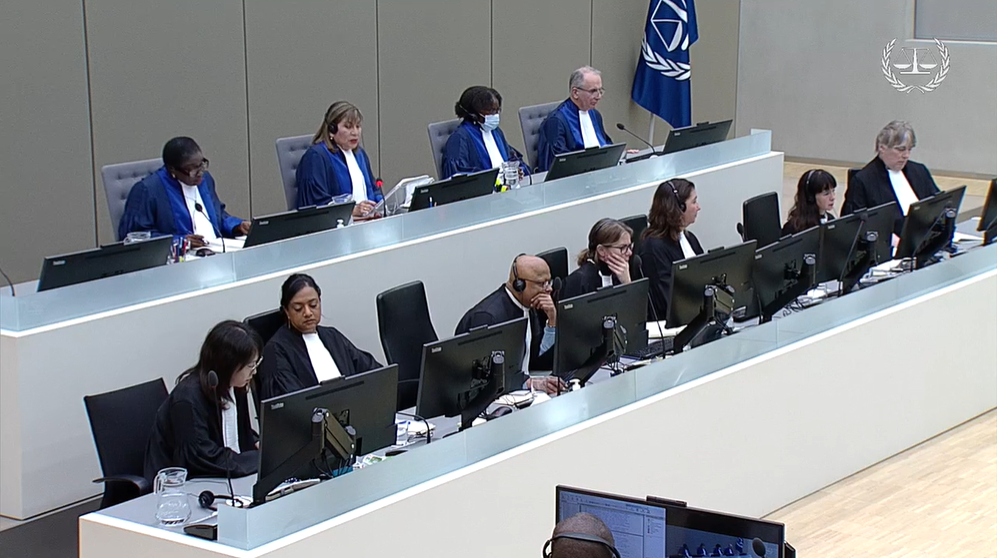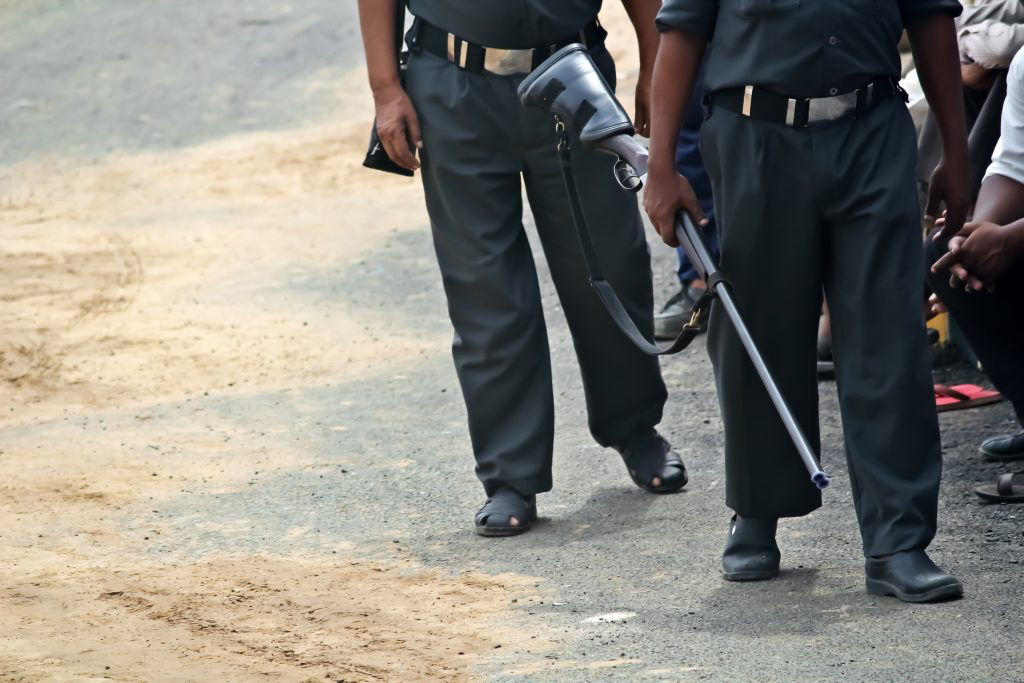
A recent report by the Open Society Justice Initiative (OSJI) reveals that more than a quarter of the world’s states provided support to the United States’ secret detention and rendition programmes, adopted in the wake of the 11 September 2001 tragedies and justified (when justification was given) as necessary response to the “war on terror”. Although these policies have, in the main, been characterised by their secrecy and covert nature we know that they were designed to facilitate torture and other extra-legal activities — placing the detainees off the legal map as it were.
The report documents that torture is not only illegal and immoral, but that it is an unreliable method of obtaining intelligence — citing an example of a terrorist suspect extraordinarily rendered from the US to Egypt who, subject to torture, fabricated intelligence about links between Iraq, its chemical and biological weapons, and al Queda.
Those of us in southern Africa should be paying attention because of the report’s mention of the role played by Malawi, South Africa and Zimbabwe.
Obvious questions are raised as to the existence and magnitude of a global network of security and intelligence operatives. In all cases — Malawi, South Africa, Zimbabwe — why did they allow their sovereignty to be compromised? In South Africa’s in particular, why allow its constitutional edifice to be undermined? Is/was this type of inter-State cooperation routine? Does it continue? Answers, however, are unlikely to be forthcoming.
But it also raises questions as to the role of the US in southern Africa and the trust it hopes to earn from a southern African public. The US often holds itself out as seeking to promote and uphold rule of law and human rights. Many times it does just that. As has been documented, former US Secretary of State Hillary Clinton, in particular, sought to win back global goodwill by conducting several town hall-type meetings in places as diverse as Lahore and Kinshasa. Yet as long as there is real reason to suspect that the US not only fails to promote and uphold rule of law and human rights, when it believes this to be in its interests, but also provides inducement to less powerful states to actively flout these precepts, the role it seeks as global champion of rule of law and human rights is likely only to inspire cynicism from a global audience.
This entry was posted in Blog, Malawi, Nicole Fritz, South Africa, Uncategorized, Zimbabwe and tagged extraordinary Rendition; Secret detention; United States, South Africa; Malawi, Zimbabwe; Open Society Justice Initiative; Globalizing Torture. Bookmark the permalink.



